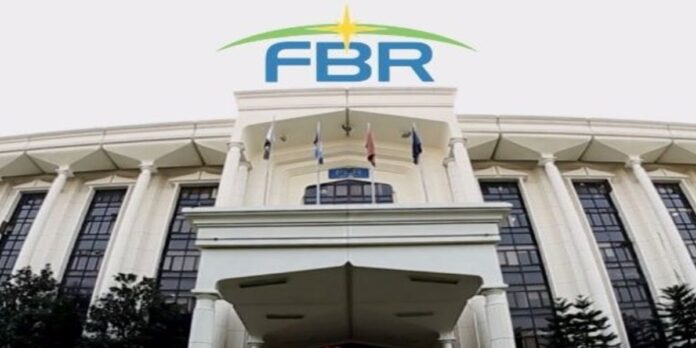LAHORE: The Federal Board of Revenue (FBR) passed Statutory Regulatory Orders (SRO) 2242(I)/2022 on December 12th to expand the list of automotive parts outlined in SRO 693 (I)/2006 upon which additional customs duties are levied.
The decision is in compliance with the current overarching governing framework of Pakistan’s automotive industry; Auto Industry Development and Export Policy (AIDEP 2021-26) which stipulates that the aforementioned SRO 693 be updated twice a year, to promote the local assembly of automotive parts in Pakistan.
SRO as mentioned earlier stands for Statutory Regulatory Orders which covers all kinds of government regulations carried out by FBR and different ministries through delegated powers. These include SROs in the health sector, in taxes, in commerce, in energy, in the auto sector, among others.
SRO 693, alongside SROs 655 and 656 form the policy framework that Pakistan adopted after moving from its Deletion Program/Compulsory Localization Policy to the Tariff Based System in 2006 as part of its World Trade Organisation membership. The aforementioned SROs cumulatively comprise the overarching mechanism for levying duties upon automotive imported parts.
Parts not listed in SRO 693 are in-effect exempt from additional customs duties. The FBR’s decision to expand the list means that, henceforth, these parts will have a higher incidence of total duties levied upon them.
“The items included in SRO 693, if imported, attract a higher rate of customs duty. This becomes an advantage for the companies to localize those parts as localization becomes more feasible” says Asim Ayaz, General Manager (Policy) at the Engineering Development Board.
A total of 23 headings in Pakistan’s customs codes have been amended for the regulatory changes. Twenty headings falling under Appendix I have been amended with the remaining three falling under Appendix II. The increased duties aim to encourage automotive companies to localise their value chains by driving up the costs that they incur from importing the parts. The AIDEP envisions automotive companies would aim to circumvent higher costs by relying on local suppliers, and thereby spur the manufacturing of that particular part within Pakistan.
“The recent legislation is a move in the right direction, as it tilts towards higher localization. The Pakistan Association of Auto Parts & Accessories Manufacturers (PAAPAM) has played a key role in convincing authorities to promote the local manufacture of a higher number of auto parts, through technology transfer with the support of parent companies of local car assemblers,” says Munir Bana, Chairman, PAAPAM.

























The initiative is good,but the aspect of localisation can’t be achieved till the manufacturing of the primary components mandatory in manufacturing process of automotive parts as the same being imported in large scale.
Such balanced decisions of classification committee always remained helpful for clearance collectorates of customs to resolve the disputes of among customs and importers.
Very good points you wrote here..Great stuff…I think you’ve made some truly interesting points.Keep up the good work.